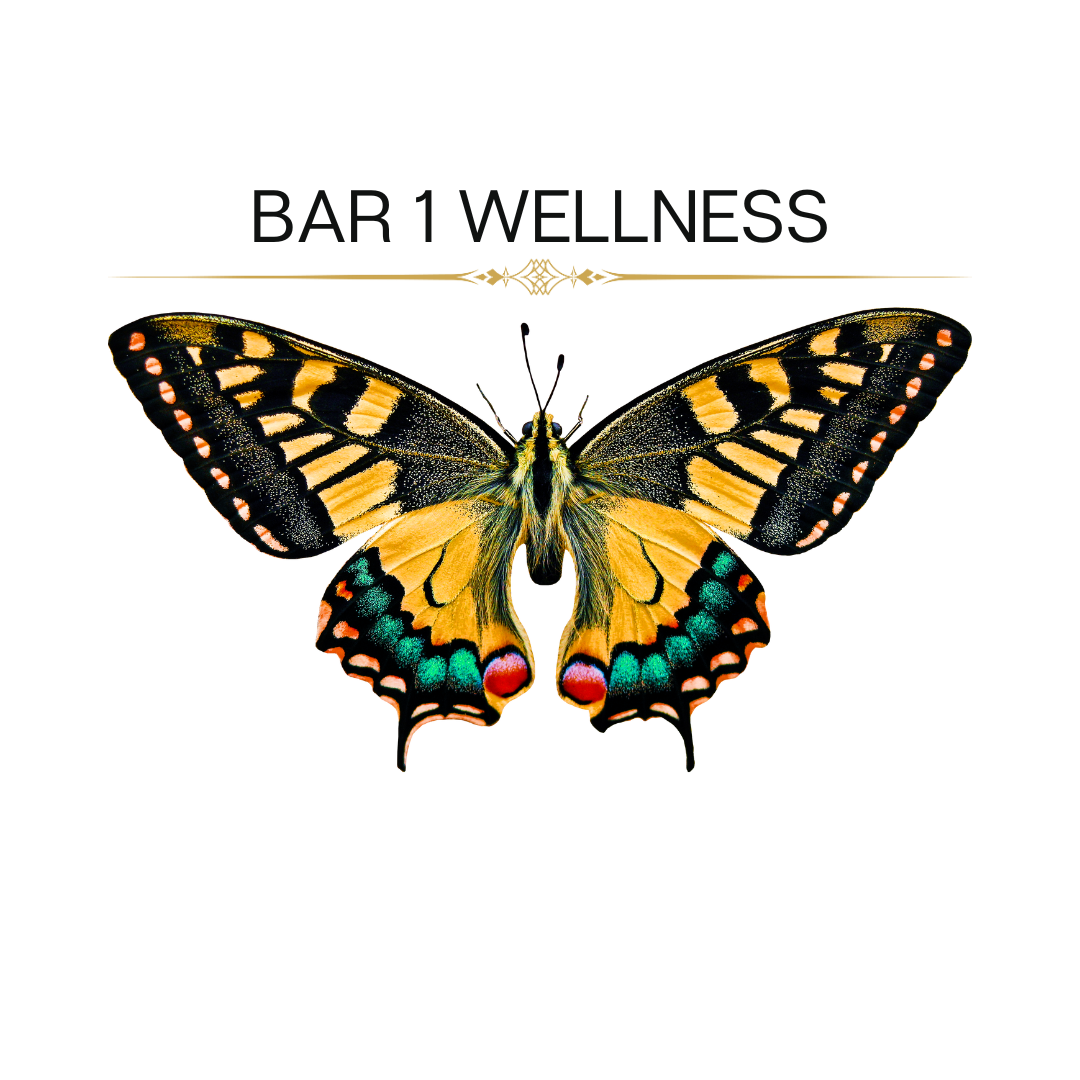Lifestyle tools for repairing DNA damage
Leading causes of DNA damage are oxidative stress, infections and toxin exposure. Toxins are everywhere, the air we breathe, the foods we consume, the products laden with endocrine disrupting chemicals that we unknowingly slather onto our skin. In fact, researchers have “linked over 800 chemicals of concern” that are now in abundant circulation. Check out the Cleveland Clinic article for a complete rundown on these toxins and their effects on overall endocrine health.
Despite the ever increasing toxic prevalence of our world, it’s important to remember our bodies are resilient and given the right inputs and support we can minimize damage and prevent longterm negative effects.
Speaking of inputs, Regeneratie Farming practices focus on improving both the quality of our soils and the nutrient density of our foods. Zach Bush is the leading MD in this field and I highly encourage you to get to know him. I get inspired by all the ways we can start by working in our own backyard gardens to restore biodiversity and improve planetary health.
3 Lifestyle reset options to restore DNA integrity
1) Meditation- Mind body interventions
2) Yoga- 13 types
3) Music- Studies show listening to classical music in particular consistently raised dopamine levels
Additionally, a yearly purification program is one of the best ways to filter out these harmful toxin causing DNA mutations in a safe and effective way. Spring through early Fall is the best time to do this, so don’t delay!
References:
Verdone L, Caserta M, Ben-Soussan TD, Venditti S. On the road to resilience: Epigenetic effects of meditation. Vitam Horm. 2023;122:339-376. doi: 10.1016/bs.vh.2022.12.009. Epub 2023 Feb 10. PMID: 36863800.
Househam AM. Effects of stress and mindfulness on epigenetics. Vitam Horm. 2023;122:283-306. doi: 10.1016/bs.vh.2022.11.003. Epub 2023 Feb 9. PMID: 36863798.
Montgomery DR, Biklé A, Archuleta R, Brown P, Jordan J. Soil health and nutrient density: preliminary comparison of regenerative and conventional farming. PeerJ. 2022 Jan 27;10:e12848. doi: 10.7717/peerj.12848. PMID: 35127297; PMCID: PMC8801175.



